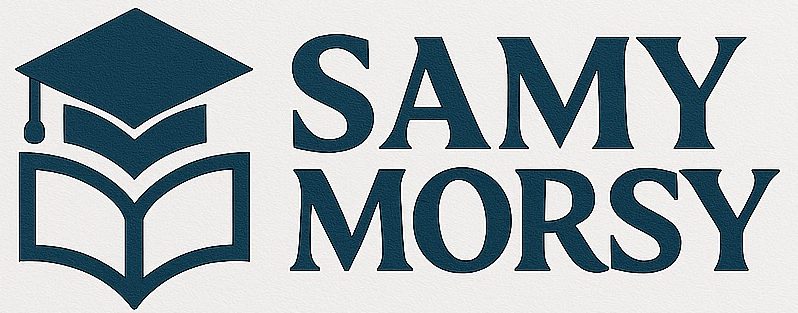Course Overview:
Every day we live in a laboratory where we have the unique opportunity to learn about people.
Workshop Objectives:
By developing a strong command of the DISC language, you will be able to:
- Identify your behavioral style.
- Recognize the behavioral style of others.
- Adapt and blend your style for greater, more effective communication and relationships.
- Define the 5 dysfunctions of teams.
- Apply strategies to move from the dysfunction to function.
Course Outlines:
Know Yourself:
Awareness of your own behavioral tendencies provides the foundation for increased communication. Each of us has certain inherent behavioral tendencies that make us unique, and to be aware of these provides us with the knowledge to modify our behavior.
For example, some people interrupt when others are talking. If the interrupter is aware of this, they can consciously learn to listen more and wait before responding. The DISC language provides you with the information on your behavioral tendencies.
“Knowledge is power—if you apply it”.
Control Yourself:
Once you have developed a heightened awareness of your behavior, you can begin to consciously control your behavior. For example, if you like to verbalize and you meet a person who also likes to verbalize, you can consciously choose to listen more and ask questions knowing that the other person will enjoy the opportunity to verbalize even more.
Know Others:
Know yourself first, and then learn to recognize behavioral differences in others. This heightened awareness allows you to take the third crucial step of application of the DIS C language, creating more win/win situations.
Communicate with others effectively:
Before you can appeal to a person’s basic needs, you must know their needs. By knowing their basic needs, you can intentionally do something that will appeal to their basic needs, giving you greater endorsement. For example, if you know a person likes punctuality (behavioral
trait), then you can make sure you are on time for his/her meetings. Another example, if you know a person likes to direct, you can put him/her in charge of a project.
All of these actions can help you to achieve endorsements in specific situations and retain it in others.
The 5 dysfunctions of teams:
- Lack of Trust
- Fear of Conflict
- Lack of Commitment
- Avoidance of Accountability
- Inattention to Results
Workshop Duration:
16 Hours





very cool experience